Nissan is set to cut hundreds of jobs at its Sunderland factory due to declining demand for diesel-engined cars, according to reports.
It is unclear exactly how many jobs will be lost due to the layoff, which was reported by the Financial Times. Around 6700 people are currently employed at the Nissan Motor Manufacturing UK (NMUK) plant, which produces the Nissan Qashqai, Nissan Juke, Leaf and Nissan X-Trail, along with the Infiniti Q30 and QX30.
The rapid decline in demand for diesel – in the UK, sales of diesel cars fell by 37% in March – is understood to be behind the move. Around a quarter of the cars produced at Sunderland are diesel-engined.
A spokesman for NMUK said the job cuts are linked to the facility “transitioning to a new range of powertrains”. He added: “As we make the operational changes to support this, we will be managing a short-term reduction in powertrain supply and plant volumes at NMUK in line with our 2018 business plan.”
The new Leaf is being built at Sunderland, one of three worldwide Nissan plants producing the second-generation electric vehicle.
While Nissan has previously said the failure to agree a deal over Britain's departure from the European Union could lead to the Sunderland factory's closure, the spokesman said the move was "not related to Brexit" and added that volumes are expected to increase at the plant when the new Juke, Qashqai and X-Trail are launched in the coming years.
Jaguar Land Rover recently cut 1000 contracted agency workers at its Solihull plant due to the fall in diesel sales.
Read more
Slump in diesel demand continues to hit UK car market
Jaguar Land Rover confirms 1000 contract jobs to go due to diesel slump
Nissan confirms new Leaf EV to be made in Sunderland

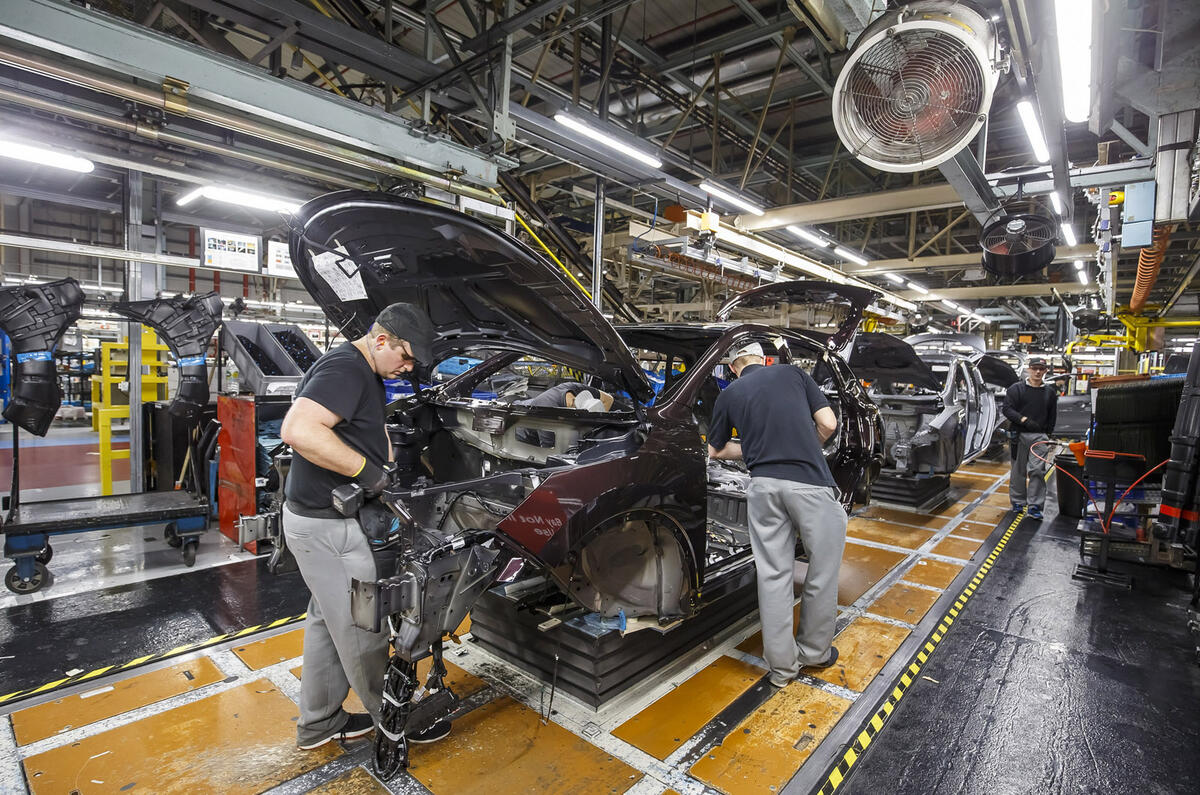
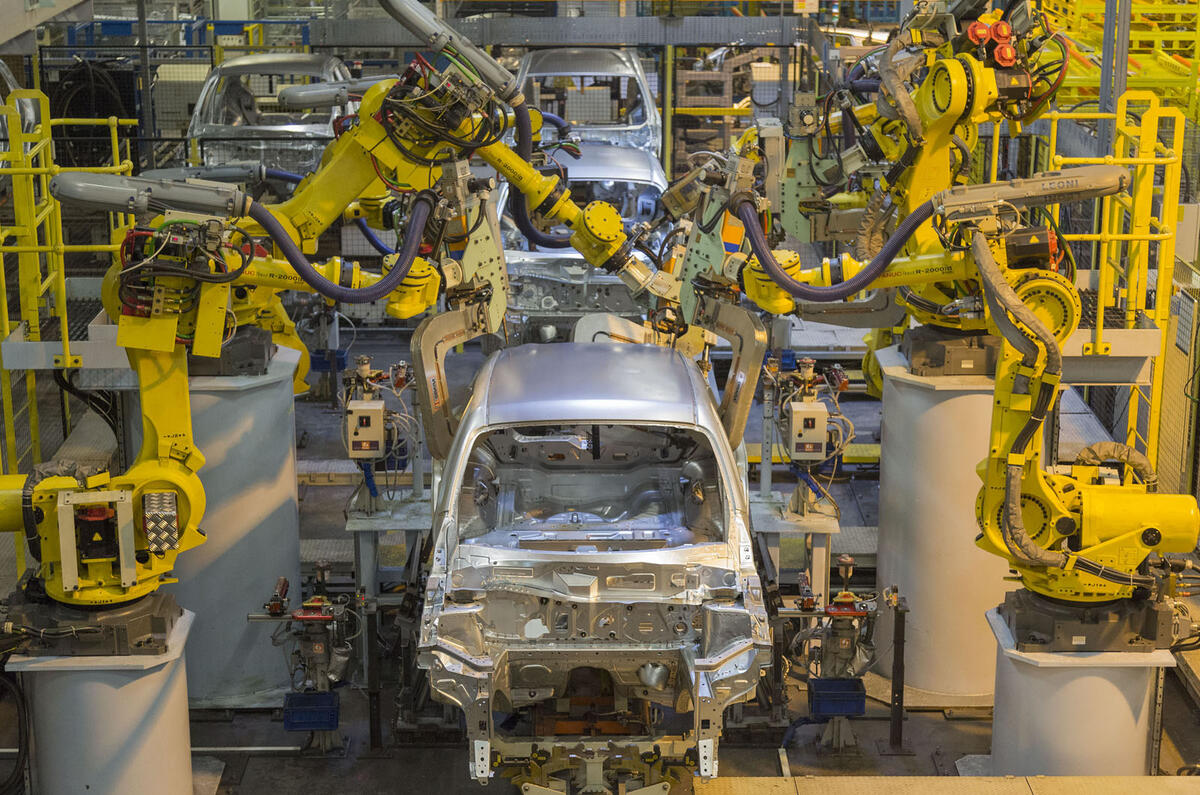
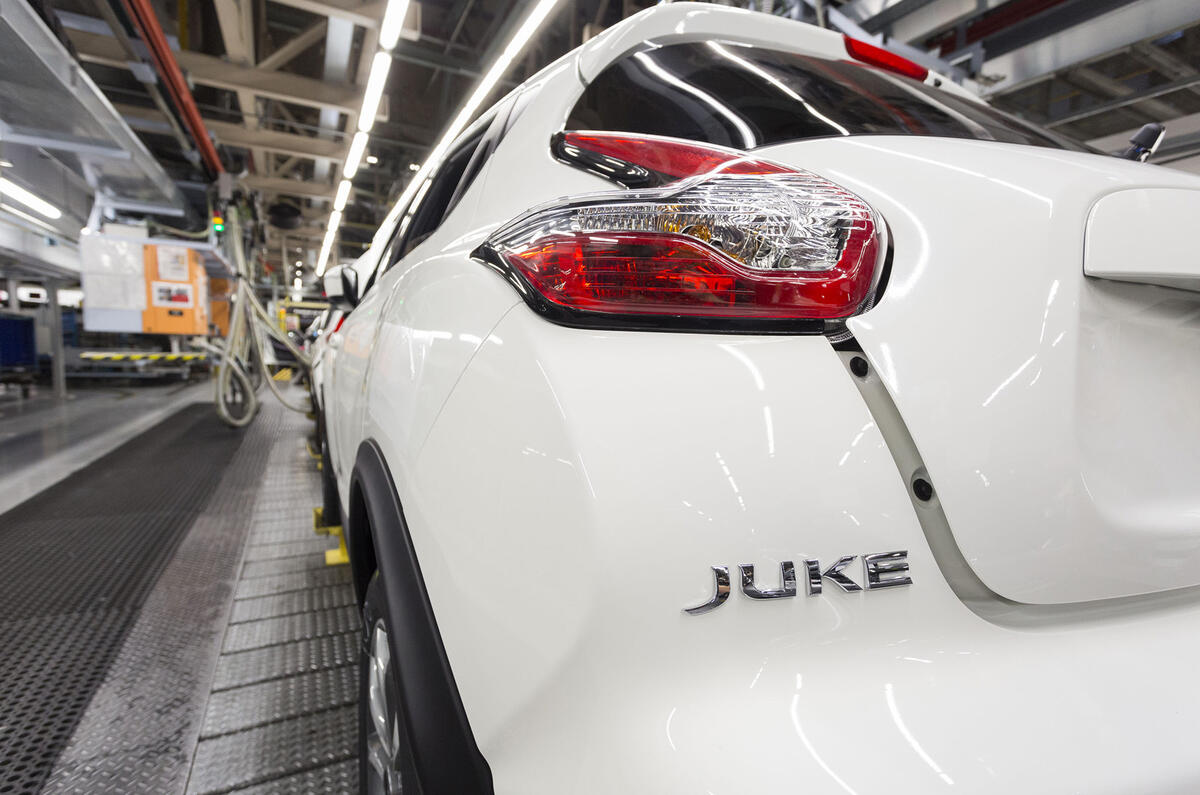
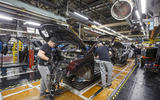
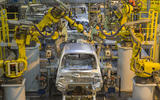
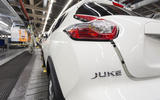






Join the debate
Add your comment
Diesel is dead.
Diesel is dead.
It’s good that diesel is dead
It would have been better if it had died slowly. This VW inspired sudden death has caught everyone by surprise.
Do car companies employ
Do car companies employ people to foresee trends, as some major companies do? It seems to me that car companies are often caught off-guard - SUVs, EVs, and now diesel. We're still looking for a small petrol van in auto...
...tumbleweed!
Opportunity
Tesla is hiring
Ironic
There's a certain amount of irony here. The demise of diesel was brought about by VW Group and as mentioned above, you can't drop diesel engines at the flick of a switch. Nissan plant could produce more 1.2 petrol but lets face it, that powerplant isn't very good.
One very modern petrol unit that is very good is VW group's 1.4 / 1.5tsi -even their 1.0tsi powerunits are top notch, the result being VW group can't produce enough of them to satisfy demand.
The skanky Renault Diesel in
The skanky Renault Diesel in the Nissan was a dog as well mate?
Don't gloss over that.